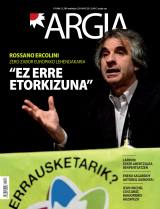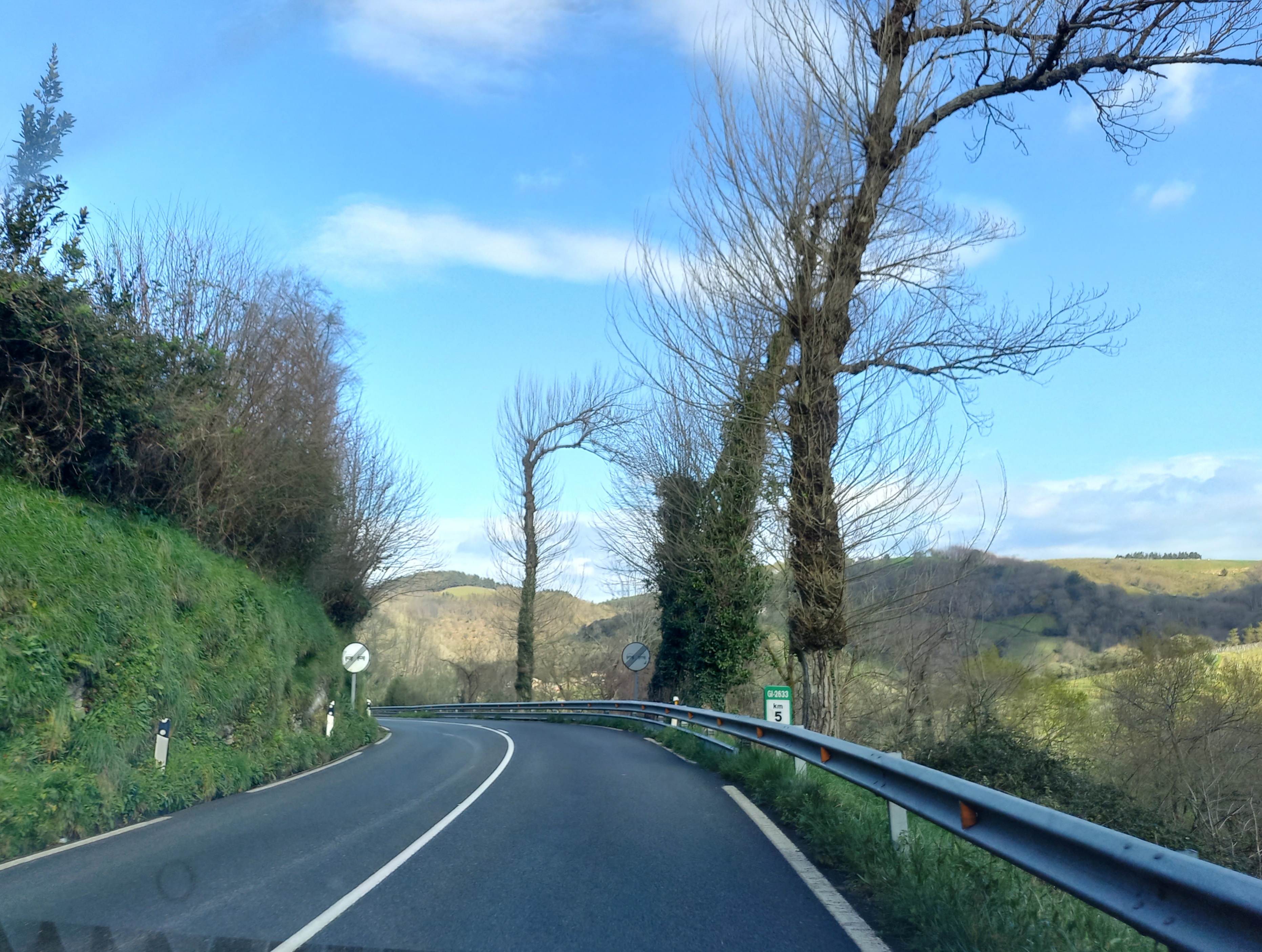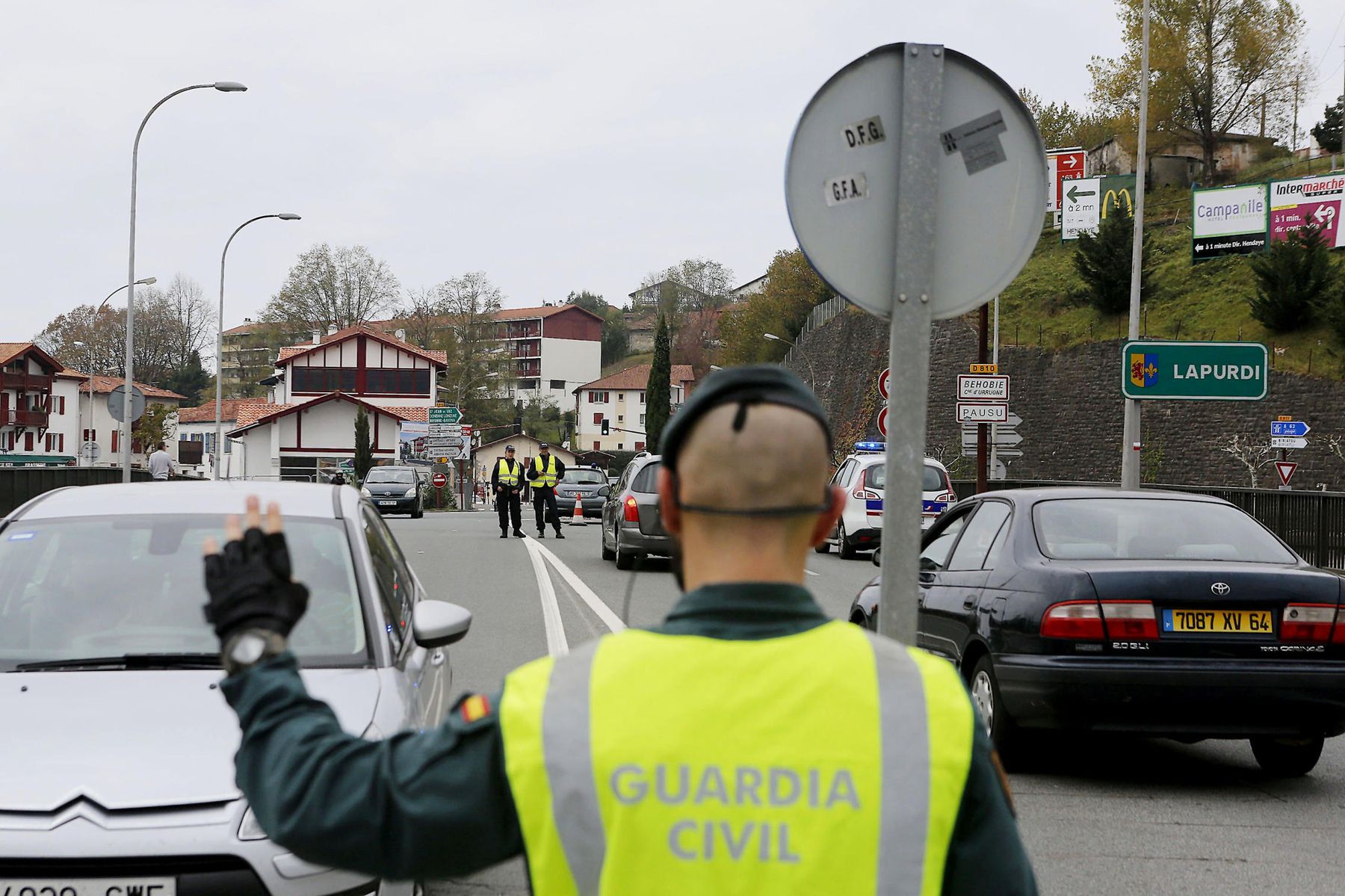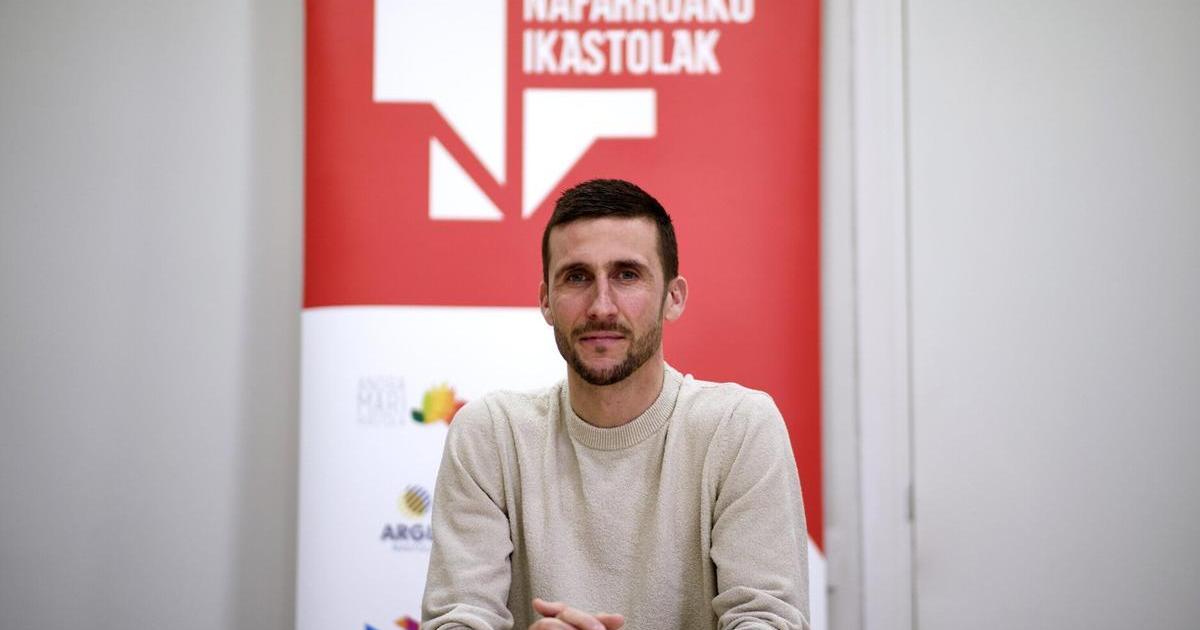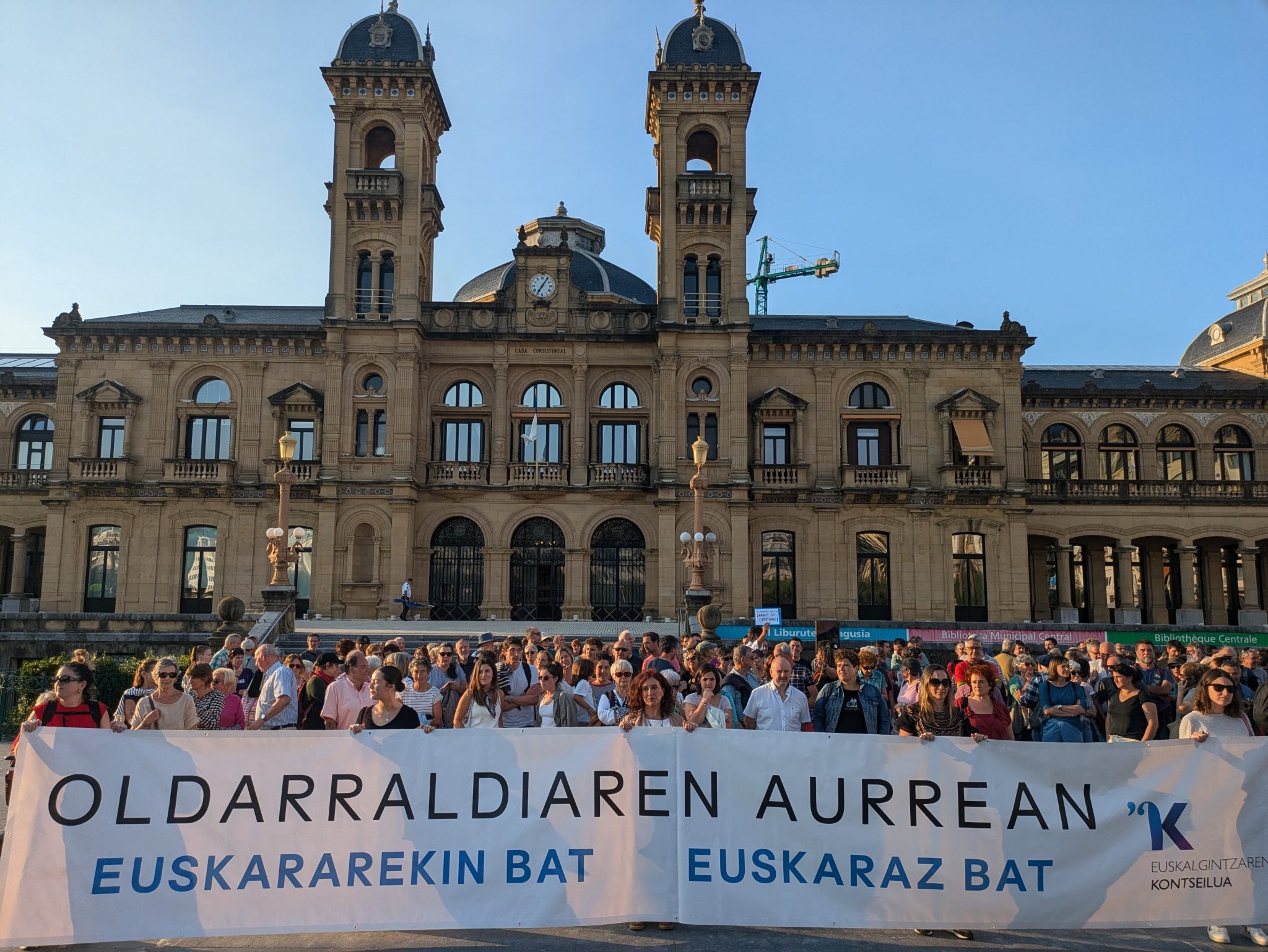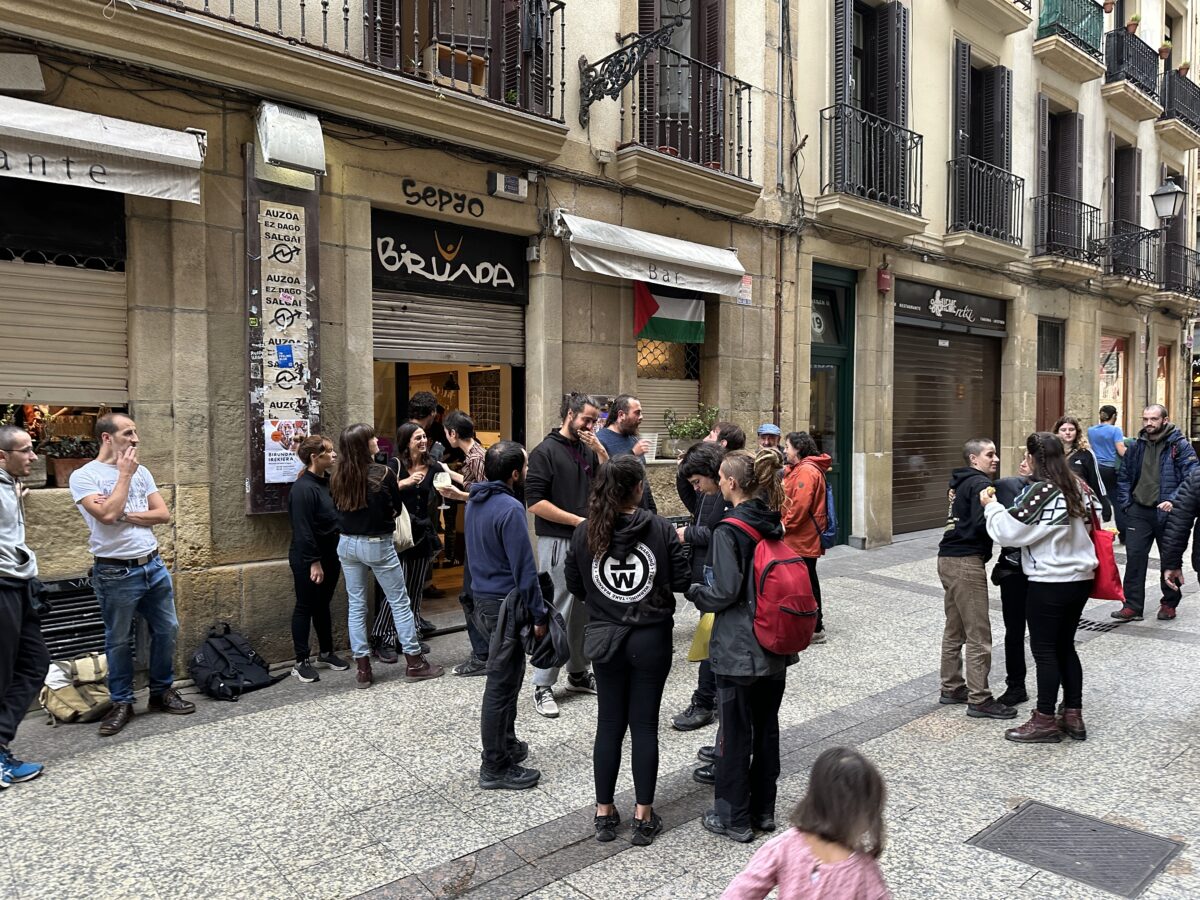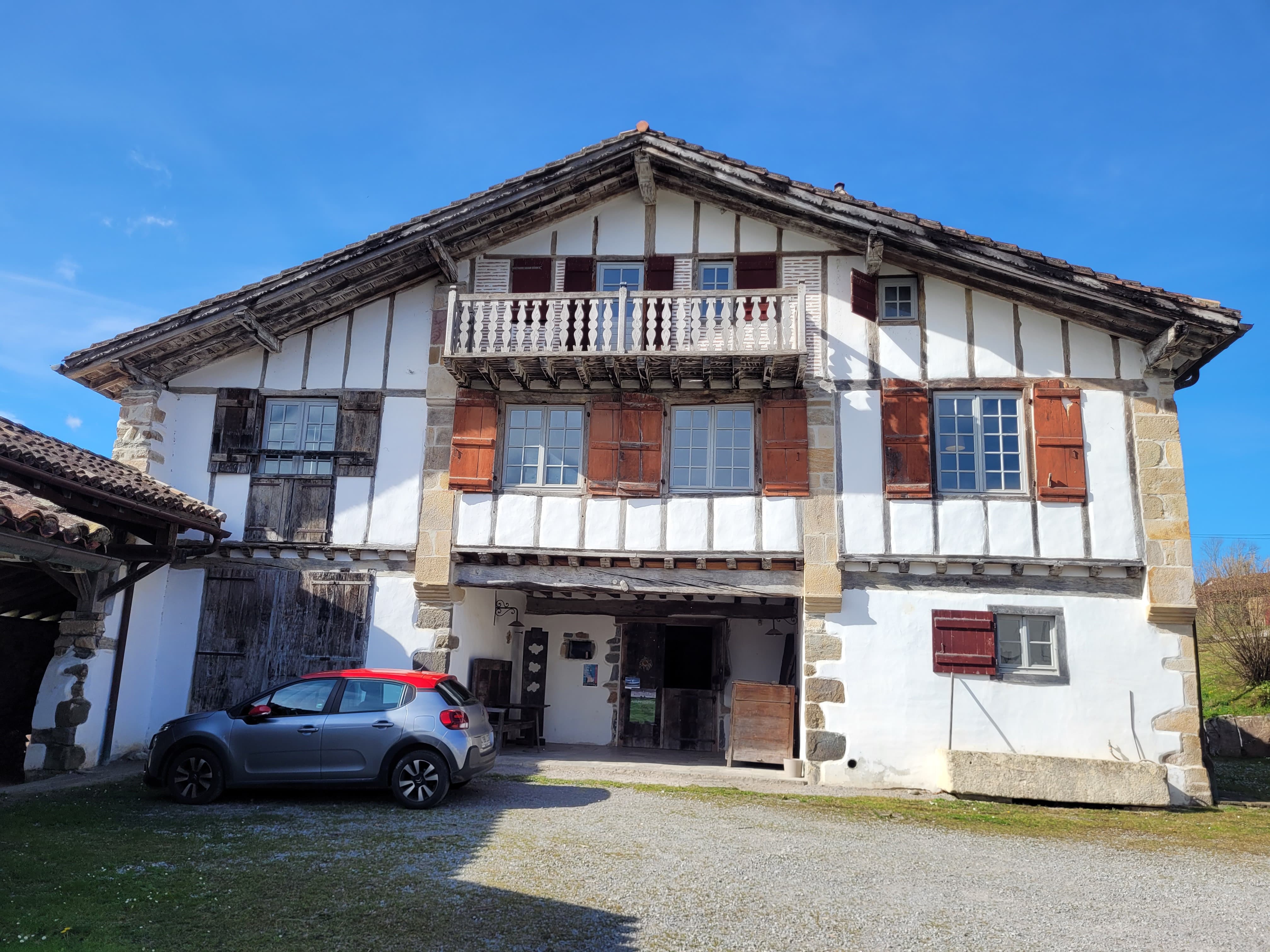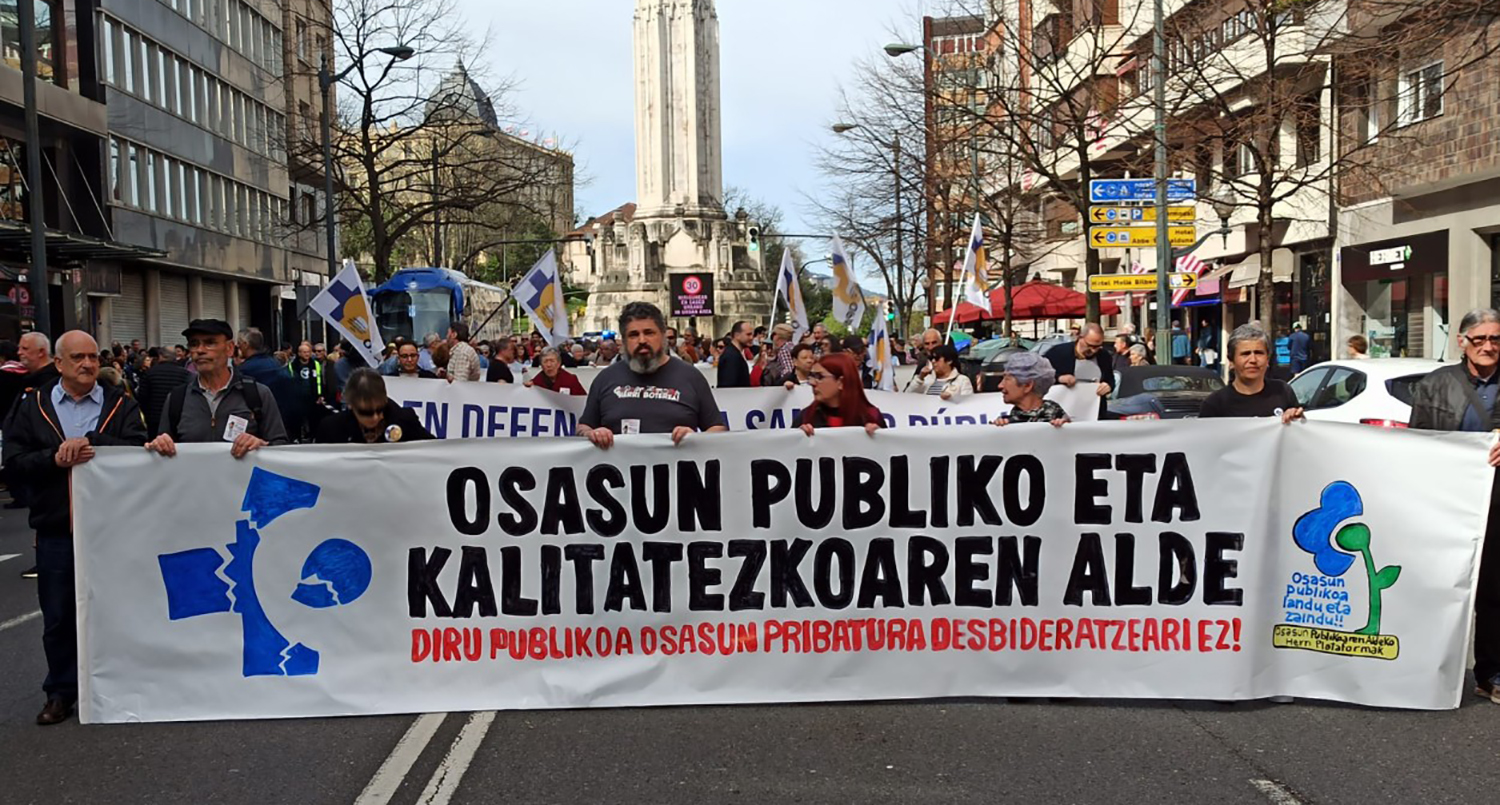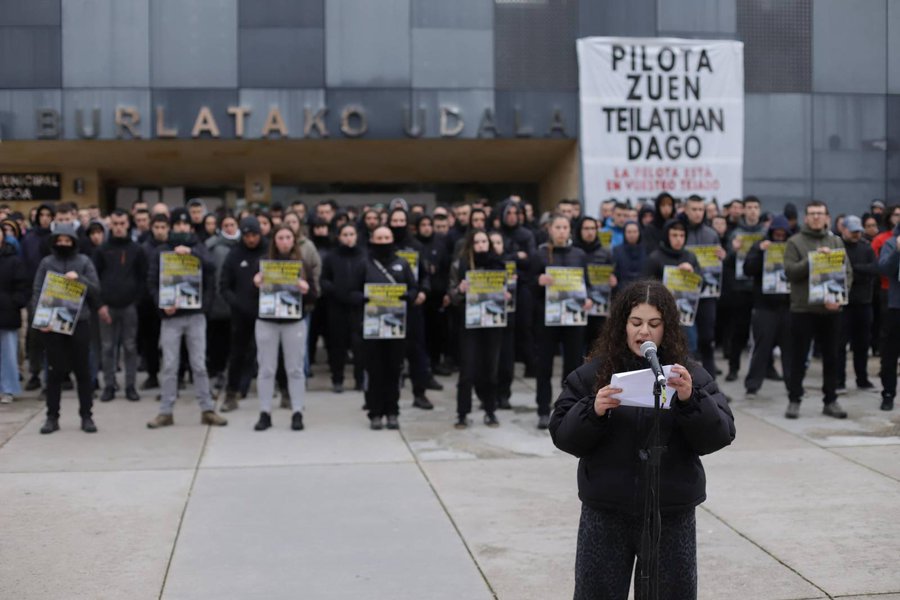Gender Crimes at Trial
- Women have suffered violence in particular in conflicts where serious human rights violations have occurred. On the contrary, in very few countries they have been investigated as gender crimes. Argentina is one of them, where the Women’s Link Worldwide Association has filed the first historical complaint to investigate the Francoist dictatorship’s Machian crimes.
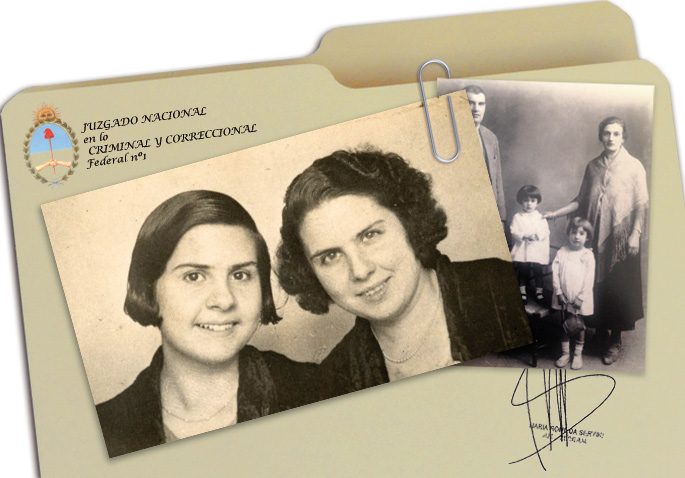
The sisters Daria and Mercedes Buxadé, along with three other women, embarked as volunteer nurses to Mallorca in August 1936, during a Republican expedition. The Falangists were arrested and transferred to the headquarters of Mallorca. On their orders, a group of nuns subjected them to a gynecological examination to prove their virginity, and then they were brutally raped by falangists. The following day they were killed in the tomb of Son Coletes. The relatives believe that the bodies are in the common pit of the place, but they have not yet been exhumed by flames.
These are two of the cases that add to the criminal investigation of the Franco regime carried out by Judge María Servini of cover since 2010, together with four other women. The Women’s Link Worlwide association has filed the six cases in a lawsuit to investigate and publicize the violence suffered by women.
According to Teresa Fernández, a lawyer of Women’s Link Worlwide, although they suffered Franco’s repression women and men, the former suffered specific violence because of their status as women. The regime used two reasons to persecute and torture women: to be relatives of men ideologically anti-regime and to break with the domestic environment imposed by the dictatorship on women.
Five out of six women participating in the lawsuit have collected their testimonies through their relatives and historian Bartomeu Garí. Today there are four missing and only one living: Feminist lawyer Lidia Falcon O’Neill. He was arrested seven times between 1960 and 1974 for publishing a number of opinion papers. He was tortured in five periods of captivity: direct aggressions related to the condition of women, blows in the womb to condition reproduction and insults and constant mentions about the delivery.
Of the six women incorporated into the case investigated by Justice Maria Servini of Cubría, four are missing and there is only one survivor: Feminist lawyer Lidia Falcon O’Neill, tortured five times between 1960 and 1974
During the Franco dictatorship, various gender crimes were committed: sexual violence, torture, theft of children and purges with castor oil. Sexual violence occurred mainly in prisons and in detentions, and most children were robbed in hospital centers. A total of 30,960 children, as highlighted in the complaint. In addition, women were tortured for gender discrimination, with sexist insults, electric shock on genitals and blows to make reproduction difficult, as shown by Falcon O’Neill’s testimony.
Pioneer Argentina
Today, Argentina is one of the few countries in the world judging those responsible for the crimes of the dictatorship before its own justice system. Even more rare are the steps taken in this judicial process to denounce, investigate and prosecute specific crimes against women.
The first judicial process against the last military dictatorship began in the country in the 1980s, but was suspended a few years later, until the trials resumed in 2005. According to Fernández, “Argentina has been much more advanced in the issue of repression against women, especially when the trials were started for the second time because the women’s groups were very attentive to the fact that the gender approach was negative”.
Also in this case, the woman came out of the role she had imposed and the political militancy was punished with marks of all life. Sexual crimes were not isolated cases, but more than five hundred clandestine detention centres spread throughout the country were a planned practice, part of the “cleansing” carried out by the military dictatorship. Women were systematically raped and punished with sexual violence: forced naked, denial of all kinds of cleanings at the time of death or rape of the most vulnerable people by torture, chained and blindfolded. Pregnant women were also treated in the same way in most cases and children, once born, separated from their mother and disappeared thousands.
In more than 200 trials for the darkest years of the country, it has been possible to condemn some rulers of the era of the dictatorship for gender crimes. The first was in June 2010, when a former leader of Mar de Plata, Gregorio Rafael Molina, was convicted, among other charges, of raping two women. It was the first sentence that condemned gender violence in the judicial process against the Argentine dictatorship and also served to demonstrate the systematicity of the practice.
It is not easy, however, to bring to the extreme the denunciation of what happened to women. Susana Chiarotti, co-author of Cracks in Silence (Arrakalak isilpean), on the sexual violence suffered by women in Argentina, says that only 5% of the sentences of the last trials have been pronounced by the gender perspective.
More than collateral damage
The analysis of international crimes with a gender perspective is to relate the power that women and men have had in each context, in order to analyze the different incidence of the conflict between women and men.
Analyzing international crimes with a gender perspective is to focus on the power relations between women and men in each context
Gender crimes are often associated with rape – with penetration – but it also includes more violence, such as sexual slavery, various forms of persecution and sexual violence, such as forced naked or sexual threats, widespread in women but also used in men, as the Argentine case has shown.
Gender-based violence has a long line in human history. For years these crimes have been regarded as an attack on the honour – the honor of men – of the family, an insult in the private sphere. Conflicts have been understood as collateral damage, which has hindered their prosecution as a crime, leading to impunity.
Fernandez believes that there are many prosecutors and judges who “are not sensitized” to the issue. He says that victims of sexual violence often do not matter, because they are not asked. “It is very difficult to make people see that as important as the violence suffered by men is to bring to light what women have suffered, which is almost never the same. In the patriarchal societies in which we live, the male perspective also prevails in this area,” the lawyer explained.
Moving on to small steps
In the opinion of Fernández, more and more international attention is being paid to the study of authoritarian regimes with a gender perspective, but it is obviously not enough: “Gender jurisprudence advances in small steps. Violations of human rights affecting women should be further analysed and taken into account in all judicial proceedings.”
The Women’s Link Worlwide Association has been carrying out this work since its inception in 2001, inter alia, in denouncing the violence suffered by women in the context of conflicts. Fernandez has highlighted the work done recently in Guatemala.
Sexual violence and rape were used as weapons of war in the country during the armed conflict of the 1980s, to frighten and destroy the Maya indigenous population. In 2013, one of the lawyers at Women’s Link Worlwide filed a report in court to show that women and girls were targeted by the Guatemalan military, with the direct testimony of ten women survivors of the attacks. It was the first time that the testimonies of women victims of sexual violence in the country were presented as international crimes, and not as simple collateral damage in the armed conflict.
Teresa Fernández (Women’s link worlwide):
“It is very difficult to make people see that as important as the violence suffered by men is to bring to light what women have suffered, which is almost never the same. In the patriarchal society in which we live, the male perspective also prevails in this area”
In the real justice game
Women’s Link Worlwidget wants to make visible the machist repression suffered by women with the complaint presented, taking advantage that they can now be moving stones on the subject of Franco. Fernandez states that there are indications that the silence that has lasted for years around Franco is being torn apart. He has cited, for example, the pressures to the Spanish State from abroad or the bodies of civil war that have been unearthed in recent times, in 1936.
Asked about the biggest obstacle to investigating the Machistan crimes, he said that in the Spanish State the investigation of Franco himself is an obstacle. Justice Servini de cubría, who directs from Argentina the only cause currently in progress to investigate the crimes committed during the dictatorship, has recalled that they have also hindered this case. The last is to let Servini question the 18 francoists charged with torture and murder.
Despite the obstacles, Fernández says that the first challenge is that the complaint be accepted and, if so, as in Rwanda or Yugoslavia, that all existing case law on gender crimes be applied. “That rape, public humiliations … be considered crimes against humanity,” he says.
It is believed that the opportunity should be taken to make known what happened to the women of the dictatorship: “We want to generate a social movement in the struggle for real gender justice, to make the whole story known. Be able to look back, know what happened and be able to talk about it without fear”. He has the clear idea: if you don't tell what women have experienced, there will be no justice.
Goizean jaiki orduko hasten dira desegokitasunak. Beharbada lotarako erabili duzun lastaira ere ez zen egokiena. Baina, ezin ba idatzi desegoki sentiarazten nauten guztiez. Horregatik, udaberriko ekinozioa –egunaren eta gauaren arteko oreka– dela eta, oraindik ere,... [+]
Guardia Zibilaren historia bat - Hemendik alde egiteko arrazoiak izenburupean, datorren astean argitaratuko dugun 305. LARRUN aldizkariaren pasarte batzuk dira ondorengoak, erakunde armatuaren sorrera garaietan girotutakoak.
Rosa Zarra Ertzaintzaren pilotakada baten ondorioz hil zela da Eusko Jaurlaritzako Poliziaren Biktimen Balorazio Batzordeak atera duen ondorioa, Berria-k jakinarazi duenez. Orain arte, Ertzaintzak beti egin dio uko bertsio horri, eta Rosa Zarra berak zuen gaixotasunaren ondorioz... [+]
Nafarroako Ikastolen Elkarteak lehendakari berria du. Oier Sanjurjok hartu dio lekukoa Elena Zabaleta Andresenari. Beste zazpi kide izanen ditu alboan Sanjurjok.
ELA sindikatuak azaldu duenez, azken Lan Eskaintza Publikoaren oinarrien arabera, Ertzaintzarako eskainitako lanpostuen %20ak eta Udaltzaingoaren %30ak ez daukate euskara-eskakizunik. Gasteizen, adibidez, udaltzain-lanpostuen erdietan, 24tan, ez dago euskara-eskakizunik.
Ustez, lokalaren jabetza eskuratu dutenek bidali dituzte sarrailagileak sarraila aldatzera; Ertzaintzak babestuta aritu dira hori egiten. Birundak epaiketa bat irabazi du duela gutxi.
Inoren Ero Ni + Lisabö
Noiz: martxoaren 14an.
Non: Gasteizko Jimmy Jazz aretoan.
----------------------------------------------------
Izotz-arriskuaren seinalea autoko pantailatxoan. Urkiola, bere mendilerro eta baso. Kontzertuetara bideko ohiko errituala: Inoren... [+]
Euskalgintzak Senpereko Larraldea etxea faltan botako du. Uda gabe, Bertsularien lagunak, bertan gelditzen den azken elkarteak, lekuz aldatuko du eta etxea hetsiko dute. Euskararen, euskal kulturaren eta arteen ohantzea izan da Larraldea, urte luzetan Andoni Iturrioz mezenasak... [+]
Berrogei urte dira Euskal Herrian autismoaren inguruko lehen azterketak eta zerbitzuak hasi zirela. Urte hauetan asko aldatu da autismoaz dakiguna. Uste baino heterogeneoagoa da. Uste baino ohikoagoa. Normalagoa.
Txinparta izeneko prozesua Martxoaren 21ean hasiko da eta urte bete iraungo du. "Udaberriaren hasierarekin batera proiektu herritar berri bat" aurkeztu nahi dutela adierazi dute.
PP, Vox, Junts eta EAJren botoekin Espainiako Kongresuak onartu du otsoa espezie babestuen zerrendatik ateratzea eta, horren ondorioz, berriz ehizatu ahal izango dute Duero ibaitik iparrera.
Itxaron zerrendak gutxitzeko Osasunbideak hartutako estrategiak gaitzetsi ditu Plataformak
Protestak 24 ordu bete dituenean, suhiltzaileak bertaratu dira udaletxera eta kateak moztu dizkiete bi gazteei. Bi kateatuek gaua bertan igarotzea "udaletxearen hautua" izan dela adierazi du Gazte Asanbladak, eta udalaren ordezkariek "ekintza deslegitimatzeko eta bi... [+]









